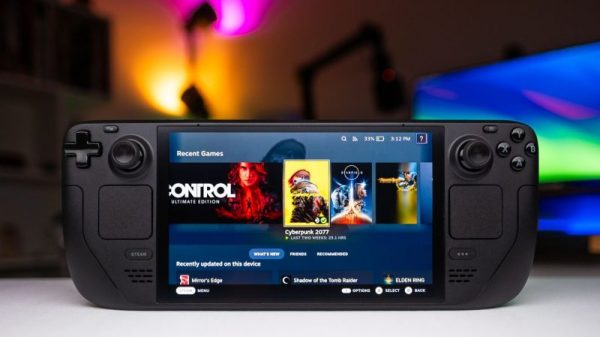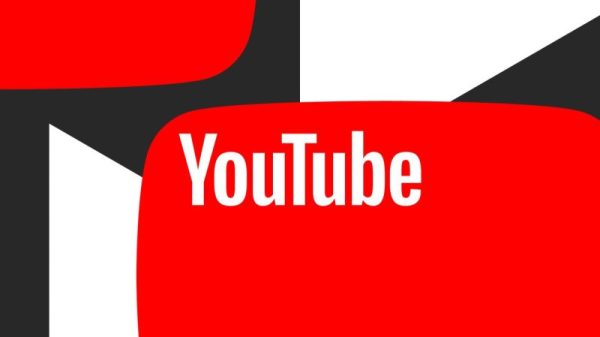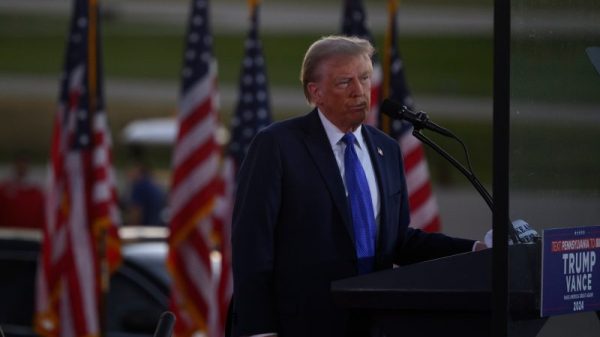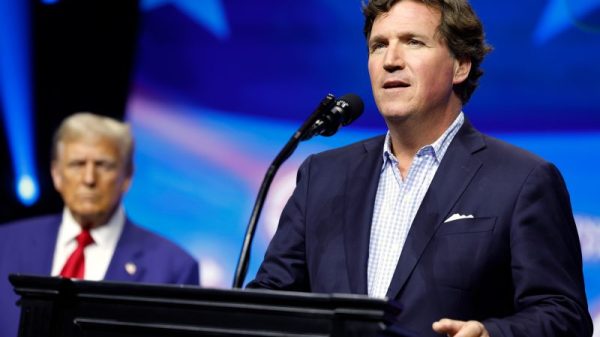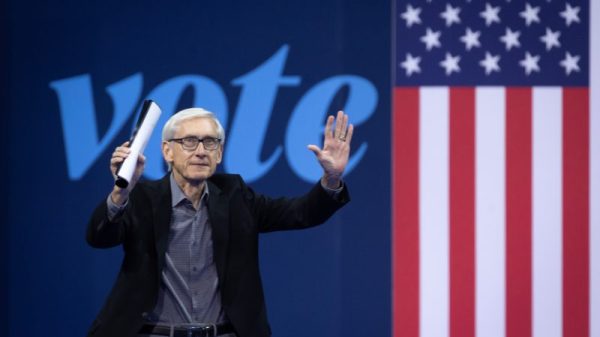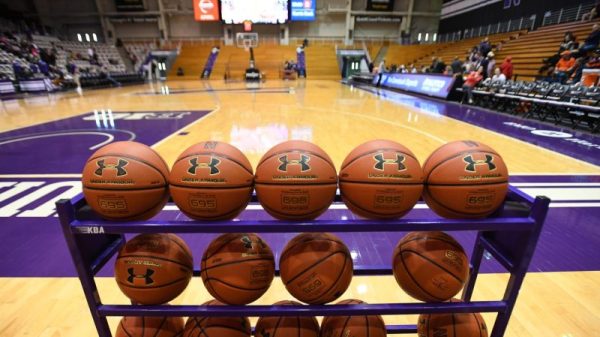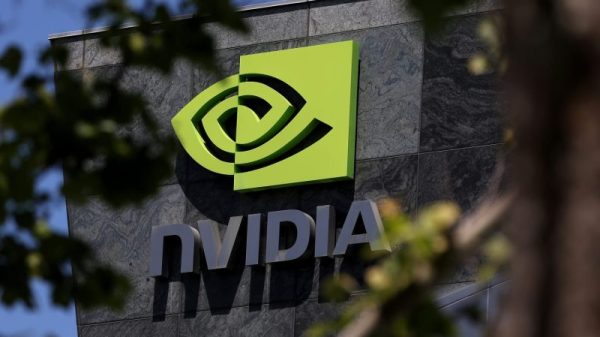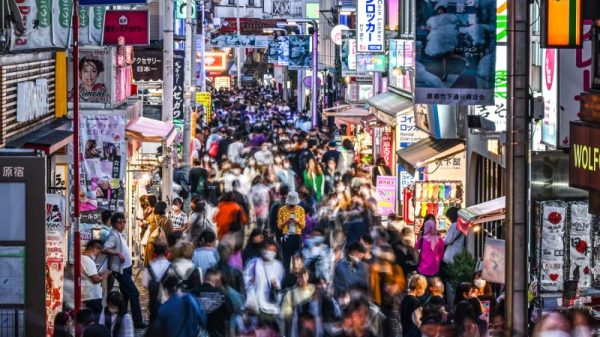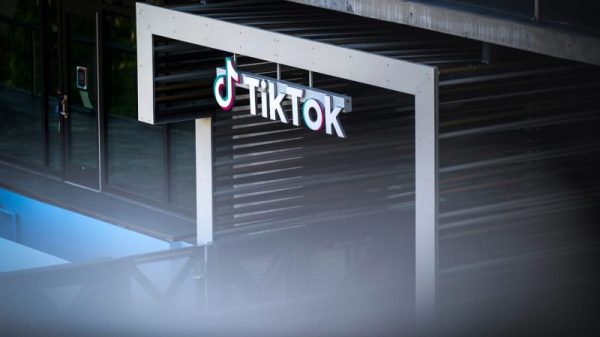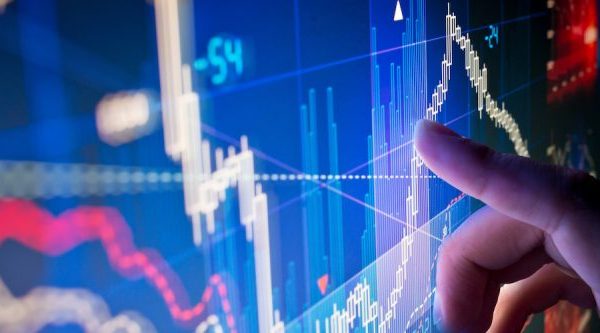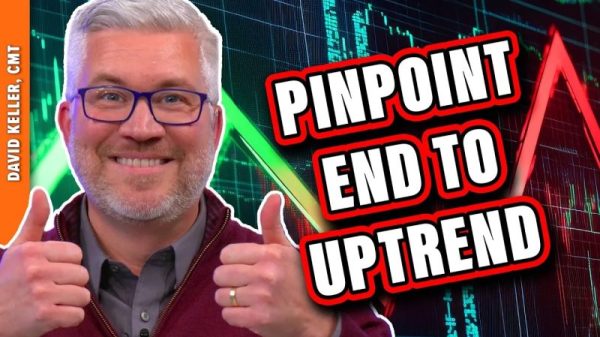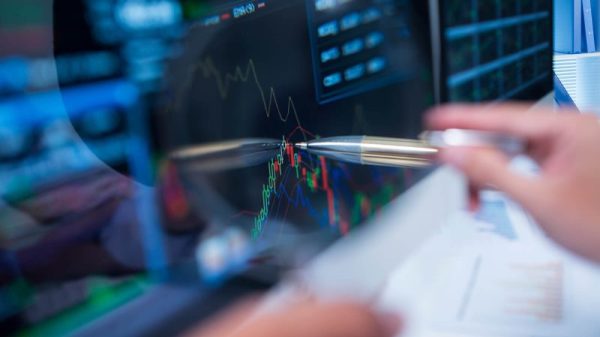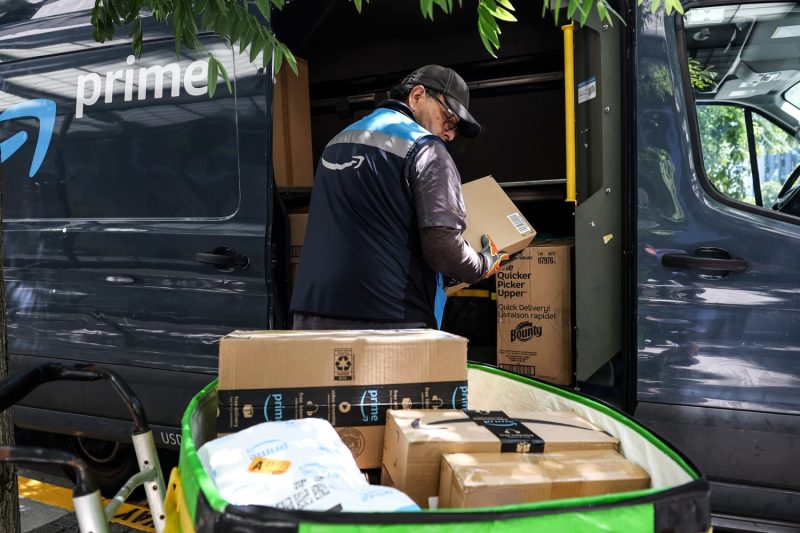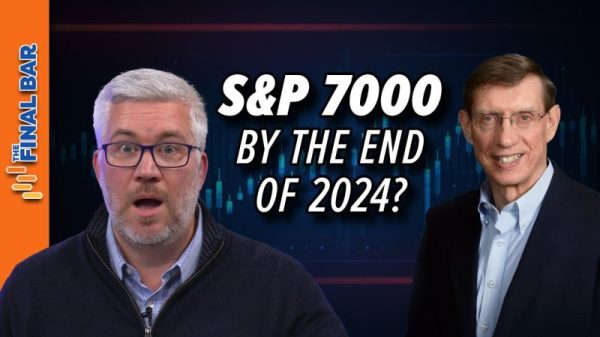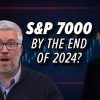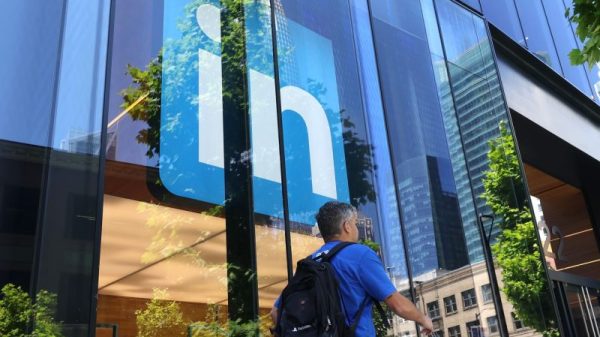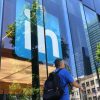Companies are offering deep discounts this summer, and consumers are cashing in on them.
From Amazon to McDonald’s and Best Buy to JetBlue, major brands are ramping up efforts to get price-pressured customers to keep opening their wallets, and recent data shows it’s working.
The U.S. economy grew a solid 2.8% in the second quarter, according to government estimates released Thursday. Federal researchers pinned much of that unexpectedly strong jump on consumer spending on goods and services alike — from cars and furniture to vacations.
During the tenth anniversary of Amazon’s two-day Prime Day summer sales event last week, shoppers spent a record $14.2 billion across U.S. online retailers, up 11% since last year’s Prime Day, according to Adobe Analytics. And the higher sales totals weren’t due to higher prices, according to Adobe. Instead, the analytics firm’s data shows e-commerce prices have fallen for 22 months straight, and those discounts have helped juice demand.
For the first time in a long time, we’re seeing order volumes turn positive and discounting is high.
Caila Schwartz, director of consumer insights, Salesforce
“You have a heightened level of promotion, heightened levels of discounts, and that makes for a perfect storm where the consumer feels like, ‘This is a really great opportunity for me to buy. I’m excited about spending,’” said Vivek Pandya, Adobe’s lead insights analyst.
Cooling prices throughout the consumer economy are helping inflation continue trending downward. A closely watched inflation gauge fell, to 2.5% in June from 2.6% in May, according to data released Friday.
Retailers like Best Buy and Nordstrom also ran sales during Prime Day. Salesforce, which tracked online spending across retailers other than Amazon during the shopping event, found more generous promotions on offer elsewhere, too. Discounts jumped 10% since Prime Day last year to an average of 22% off of list prices, and U.S. sales grew 3%.
“For the first time in a long time, we’re seeing order volumes turn positive and discounting is high,” said Caila Schwartz, director of consumer insights at Salesforce. “The lesson is a simple one: If retailers deliver on discounting and providing true value, they will release that pressure valve of built-up demand and see incredible success. If they don’t, retailers may risk losing out as shoppers will go elsewhere.”
While consumer spending has powered the economy out of the pandemic — and held up under inflation pressures better than many economists expected — there are signs of distress under the surface.
Citigroup flagged “an overall resilient U.S. consumer” in its latest earnings call, but Chief Financial Officer Mark Mason noted the strength is mainly among those with solid finances and credit.
“When we look across our consumer clients, only the highest-income quartile has more savings than they did at the beginning of 2019, and it is the over-740-FICO-score customers that are driving the spend growth and maintaining high payment rates” he said. Those with lower credit scores “are seeing sharper drops in payment rates and borrowing more, as they are more acutely impacted by high inflation and interest rates,” he said.
Philadelphia Federal Reserve officials found credit card delinquency rates hit their highest level in nearly 12 years as of the first quarter this year. While both the total number of accounts past due and the size of card balances ticked down a bit, the researchers noted that “account holders who are behind have larger balances left unpaid.”
This and other consumer credit data in recent months highlights “the struggle that millions of households are engaged in just trying to make ends meet,” Bankrate Chief Financial Analyst Greg McBride told NBC News Wednesday.
Companies have been taking note of these pressures and dangling promotions to reverse or forestall rebellions over price.
In May, Target announced price cuts on 5,000 popular items like meat, breads and paper products, and Walgreens made a similar move of its own. Walmart launched a low-cost private-label food brand this spring, with prices ranging from $2 to $15 for fridge and pantry staples.
The discounting has gone well beyond grocery aisles. JetBlue and Southwest airlines are also rolling out limited-time deals, with some domestic flights starting at $49 during certain weeks this summer. After racing to add capacity to meet soaring demand, many airlines now have more seats than they can fill, and fliers are benefiting from cheaper tickets.
Restaurant chains are getting in on the action, too. McDonald’s is extending a $5 value meal that was originally planned to last just four weeks, as rivals dangle offers like Burger King’s $5 “Your Way Meal” and Starbucks’ pairing menu starting at $5.
Data that the location analytics firm Placer.ai released this month suggests these gambits are working. Foot traffic at McDonald’s jumped 8% on June 25, the day the value meal launched, compared to an average Tuesday up to that point this year, and stayed at least 5% higher for each subsequent day that week.
Weekly visits to Chili’s have been elevated since the chain updated its “3 for Me” deal this spring, Placer.ai found, jumping as much as 27.7% at one point in the middle of May compared to 2023.
Younger consumers are fueling some of the spending, according to American Express, which said millennial and Gen Z cardholders boosted their spending by 13% in the second quarter.
“These younger card members continue to demonstrate strong engagement, and we see that they transact over 25% more, on average, than our older customers,” Chief Financial Officer Christophe Le Caillec told investors last week. “In some categories like dining, they transact almost twice as much.”
After the last few years’ inflation rollercoaster, many shoppers are paying closer attention to price swings, Adobe’s Pandya said.
“They understand how quickly the winds can change,” he said. “They’re going to really take advantage of these moments to spend when the value is good.”


